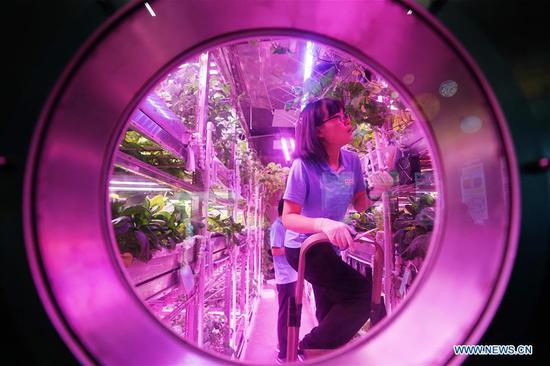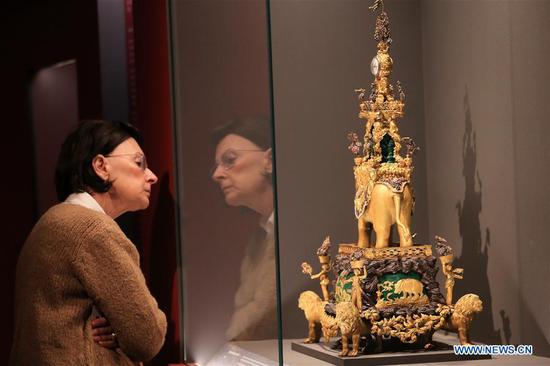China is considering creating a national ethics committee that would supervise life science technologies and researchers to ensure they conform to ethical standards, a former top health official said on Monday.
Huang Jiefu, former vice-minister of health, said the proposal has received positive feedback from China's top leadership.
Huang and other experts proposed setting up a national ethics committee following the announcement last month by a Chinese scientist that gene-editing technology had been used on twin female embryos-supposedly to make them immune to HIV.
The baby girls were reportedly born healthy, but the announcement by He Jiankui, a biological researcher at Southern University of Science and Technology, in Guangzhou, Guangdong province, stirred heated debate worldwide. He was denounced in academic circles and by government authorities who said the experiment was a serious violation of ethical standards. Government departments, including the National Health and Family Planning Commission, are investigating the matter.
Huang said the rapid development of life science technologies in China has far outpaced the development of laws and regulations, so new supervision is urgent.
A high-level national committee with authority must be established to conduct inspections of life science research for ethical compliance, Huang said.
The committee should include medical, ethical and legal experts, as well as members of the public, and committee members should have no direct interest in the projects to be inspected, Huang said.
Although some hospitals in China have ethics committees, many are loosely organized and incapable of ethical inspections and approvals to ensure people's life and health in cases of highly risky clinical trials, Huang said.


















































